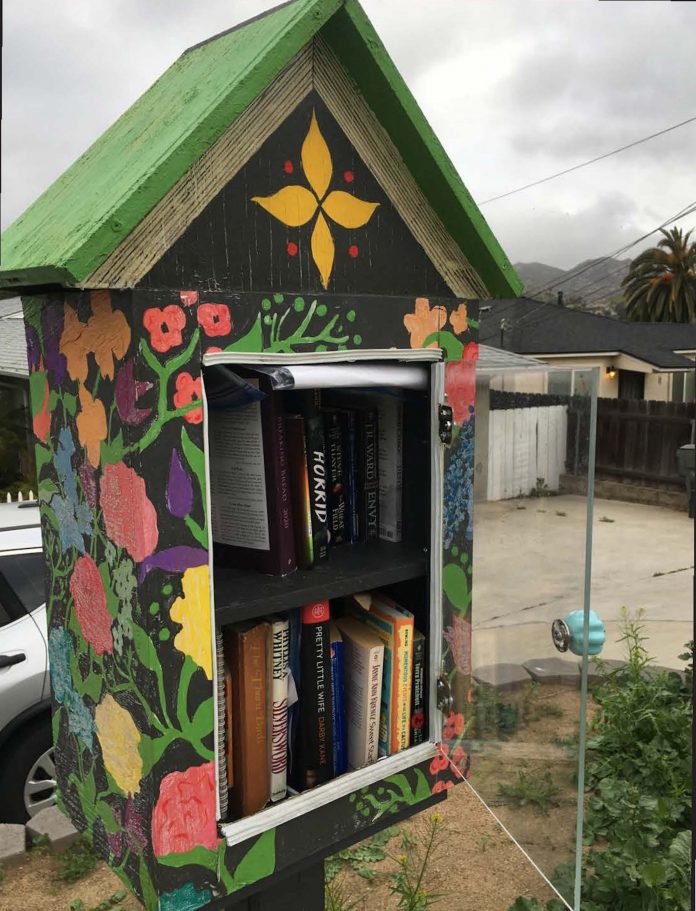San Diego County’s Board of Supervisors voted unanimously last week to create a Little Free Libraries initiative for low-income communities across the county.
Little Free Libraries are volunteer-built lending libraries, roughly the size of a kitchen cabinet, stocked with donated books. Members of the community are encouraged to borrow and return books, or add to the book collection on an honor system.
“Many communities’ children don’t have access to age-appropriate books at home, which causes them to fall behind. This initiative today is going to address disparities seen in disadvantaged communities by promoting and encouraging reading from home and by creating more access to literature,” San Diego County District one Supervisor Nora Vargas said.
San Diego County Library Director Migell Acosta said they plan to work with local volunteers and non-profit agencies to help monitor and supply the Little Free Libraries in neighborhoods where residents might not have easy access to books, prioritizing books in languages spoken in different communities.
“We plan to work with the San Diego Council on Literacy, other public library jurisdictions in the region, and our collective Friends of the Library groups to implement this initiative. We will also work with our partners to explore the various ways we can collect books to stock the Little Free Libraries,” Acosta said.
Little Free Library Director of Communications Margret Aldrich said leaders at the national nonprofit organization were thrilled to learn there is unanimous support to bring equitable book access to San Diego County.
“Little Free Library book-sharing boxes serve as 24/7 access points to reading material, which is especially important in under served areas. Not only do they help create a book-rich environment, they build community as well,” Aldrich said.
San Diego Council on Literacy Chief Executive Officer Jose Cruz said 60% of low-income families are in need of books and “these free little libraries going up just enhances access to books”.
The non-profit organization, a network of 29 youth, adult and family literacy programs are, he said, “all able to stock the libraries” with books for readers of all ages.
“Since July of last year, we have brought in over 200,000 books for children and although we’ve given some out to different military bases and Toys-4-Tots is giving some out, we still have 50,000 books to distribute to our network from a couple sources,” Cruz said.
Cruz also said donated books are usually printed in English and “if there’s a call to action or a plea, it is to get things like Dr. Seuss books in Spanish or other languages as they are rarely donated” but ultimately, he believes everybody is a storyteller and families can teach love of reading regardless of language.
Aldrich said the Little Free Library organization’s Read in Color program distributes diverse books that provide perspectives on racism and social justice, amplifies marginalized voices and incorporates experiences from all identities for all readers.
There are more than 100,000 registered Little Free Libraries around the world in all 50 states and 110 countries, Aldrich said, with a current push to celebrate diversity within those libraries.














